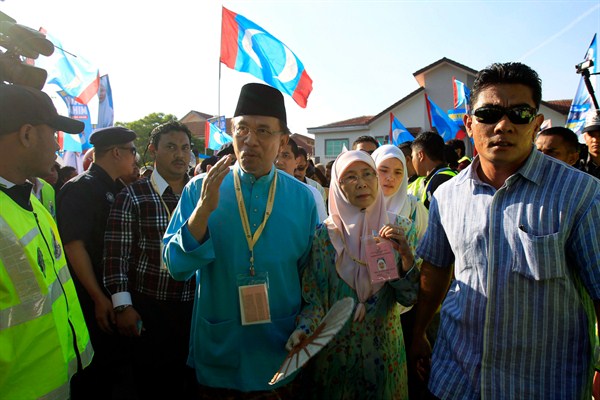Malaysia’s opposition coalition risks being torn apart after its leader Anwar Ibrahim sacked the chief minister of Selangor, the country’s most populous state. In an email interview, Clive Kessler, professor emeritus at the University of New South Wales, discussed the state of Malaysia’s opposition.
WPR: How is the current leadership struggle affecting the unity of Malaysia's opposition?
Clive Kessler: The opposition Pakatan Rakyat, or Popular Front, coalition is not really a coalition. The Pakatan is an election-day pact: an agreement that opposition parties will not run against each other in the same constituencies and split the opposition vote. Their agreement is simply a response to the inherently undemocratic nature of Malaysia’s first-past-the-post voting system.

